Audi begins initial engine testing of Global Bioenergies, Fraunhofer e-gasoline
Green Car Congress
MARCH 9, 2018
Audi remains convinced of the potential of the fuels e-gas, “e-benzin” (e-gasoline) and e-diesel and is continuing to pursue its e-fuels strategy. galons US), the largest batch yet produced—of synthetic Audi e-gasoline for initial engine tests. Like all Audi e-fuels, the new fuel has many advantages.









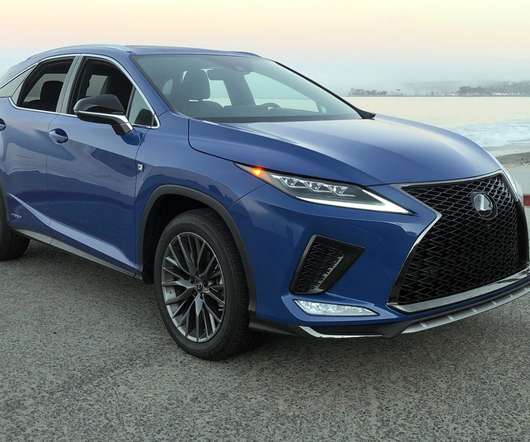



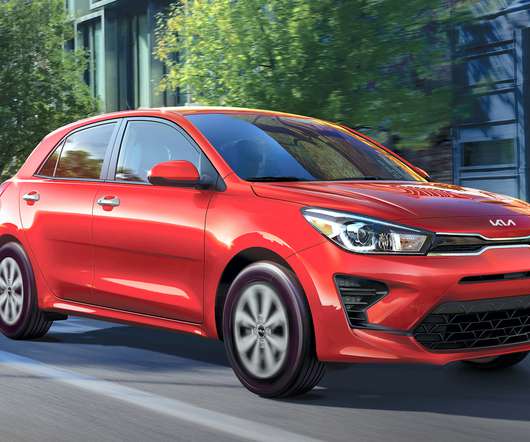
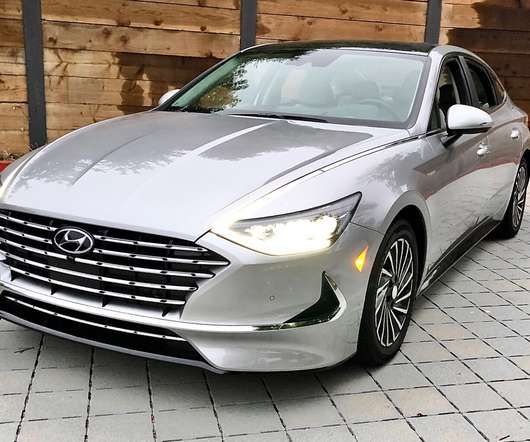

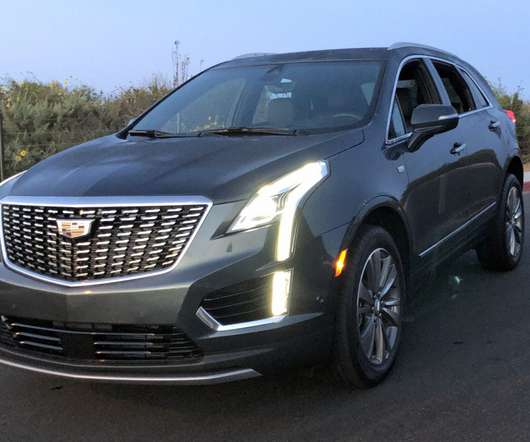



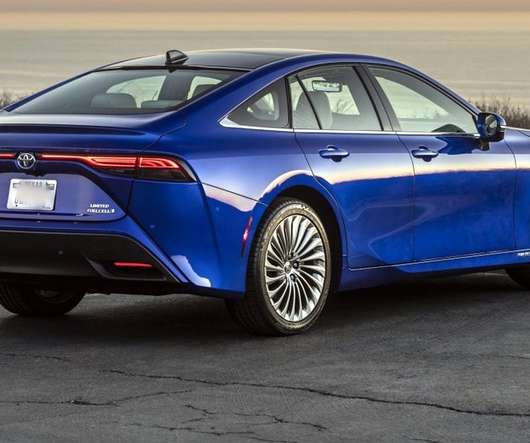
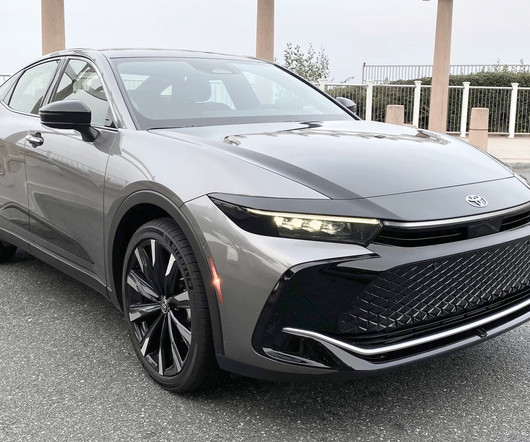

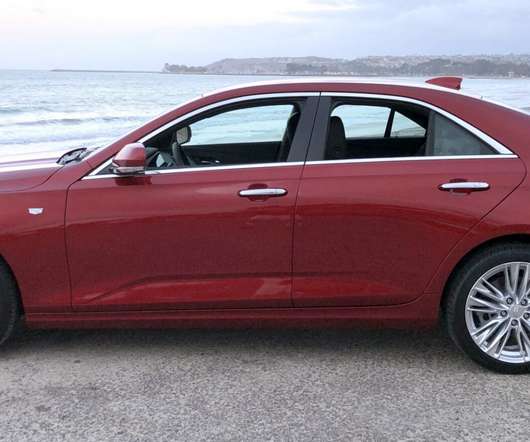
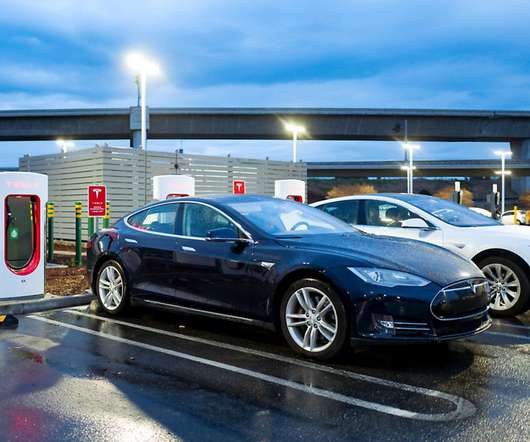
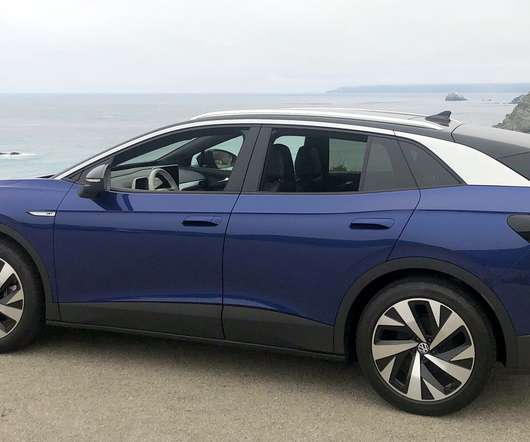






Let's personalize your content